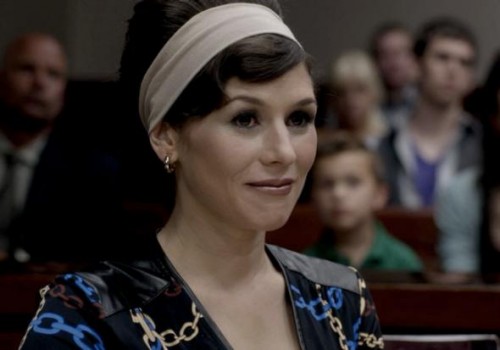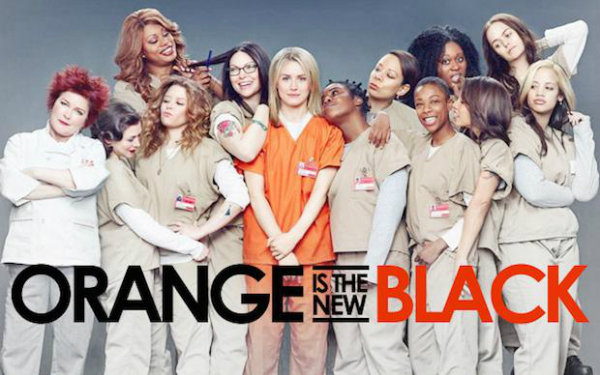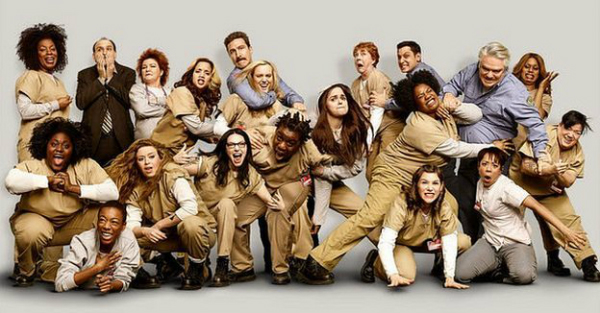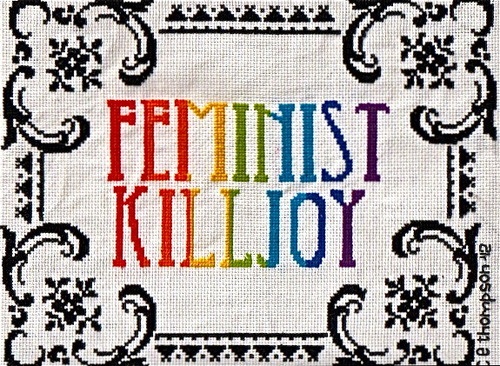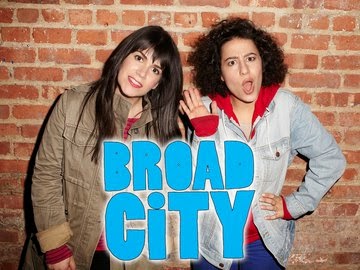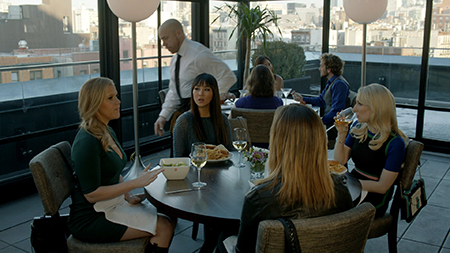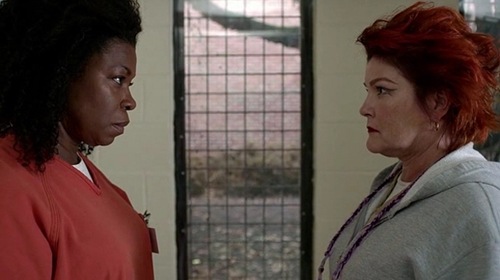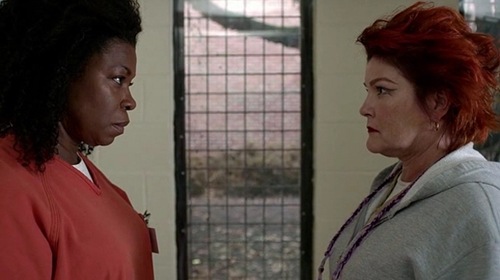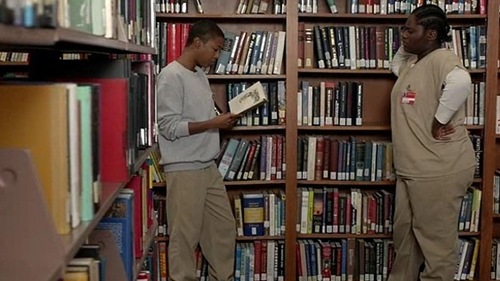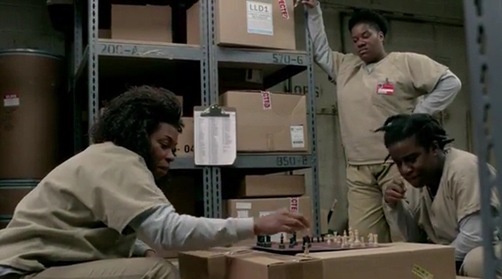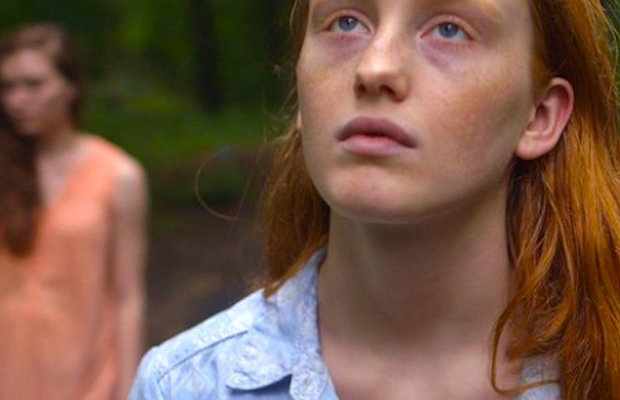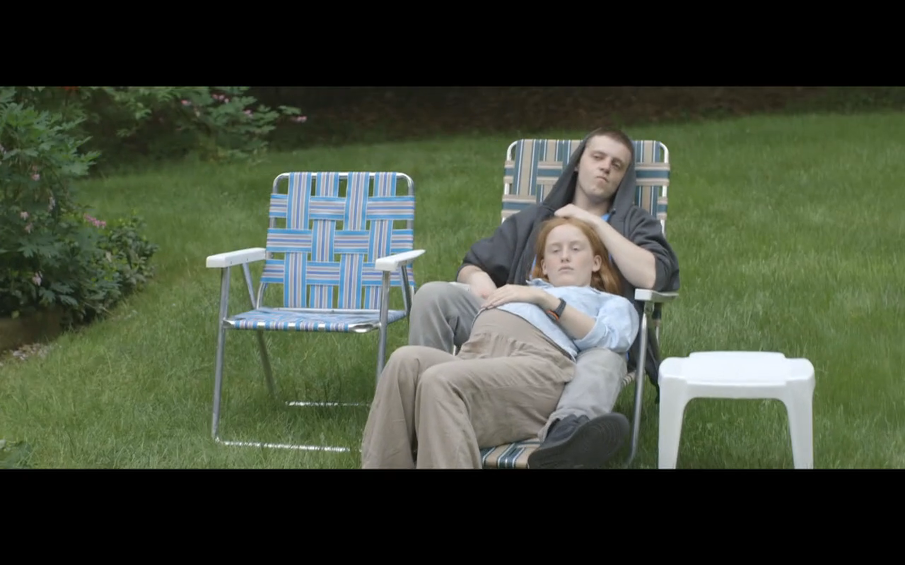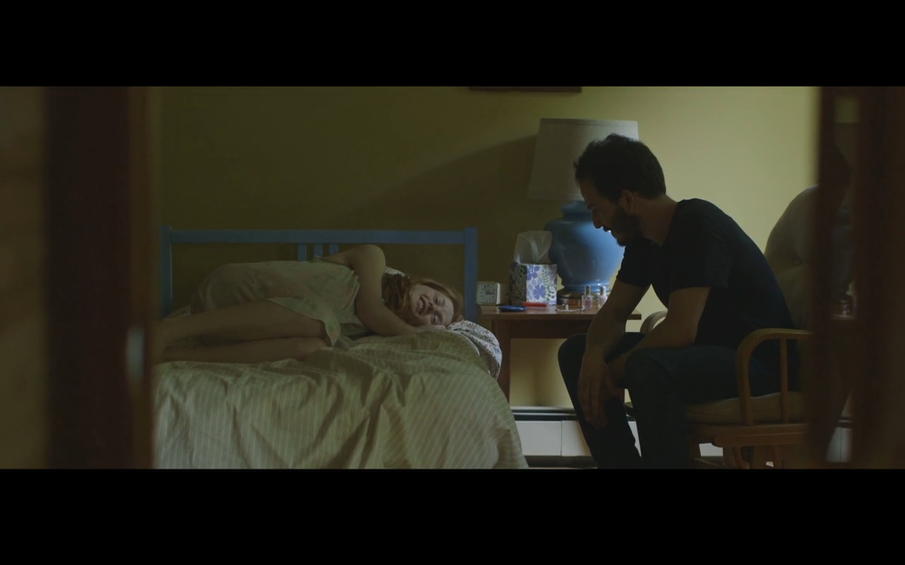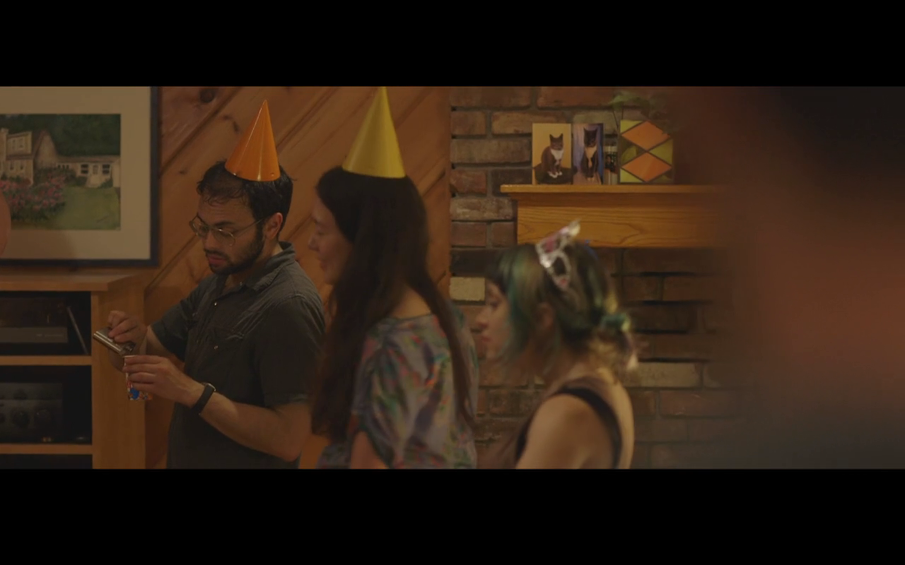This guest post by Leela Ginelle originally appeared at Bitch Media and is cross-posted with permission.
Television, historically, has not been a welcoming place for transgender people. “Trans representation” has previously consisted mainly of male sitcom characters relating stories about dating women who turned out to be transgender, and then saying “Eww!”
Things are changing now, though, with the breakthrough success of Laverne Cox on Orange is the New Black and now director Jill Soloway’s new half-hour dramedy Transparent. All eleven episodes of Transparent are available for binge-watching on Amazon today.
Transparent revolves around the Pfefferman family, made up of three adult children—housewife Sarah (Amy Landecker), record company professional Josh (Jay Duplass), and free spirit/lost child Ali (Gaby Hoffmann)—and their divorced parents, Jewish caricature Shelly (Judith Light) and wealthy near-retiree Mort (Jeffrey Tambor).
Nearly all the publicity that’s greeted the show since its pilot’s appearance in March has concerned its main plot point: father-figure Mort commences her transition, aligning her body with her female gender identity. The first episode handles this quite elegantly. Mort gathers the children to their childhood home but is unable to break the news to them. Later, we see Tambor, now named Maura, at an LGBT support group sharing a story about encountering micro-aggression level transphobia at a big box store when having to produce an ID for a judgmental clerk (bonus points for accuracy!). At the group, Maura also voices a combination of disappointment and bewilderment at the selfishness and self-absorption of her three children. It’s an appraisal the viewer might share.

Throughout the pilot, Sarah, Josh and Ali all come off as extravagantly privileged, arrogant, and shallow. They speak exclusively in off-puttingly “clever” banter that’s either the result of overwritten dialogue or inadvisably preserved improv.
Critics often say viewers shouldn’t judge a show’s quality by its pilot because writers discover their characters’ voices and rhythms as they go. That may well be the case with Transparent. While the show deals with its central character’s identity very well, there’s certainly room for improvement when it comes to the rest of the family.
A central conceit of the pilot is that not just Maura, but all the characters have hidden sides of themselves. Throughout the pilot, we see each family pursue their hidden interests. Sarah, for instance, comes across a former girlfriend from college, rekindling a passion she’d long forgotten. Josh, who’s dating a super young, skinny blonde singer, is revealed to have a seemingly secret relationship with an older, bigger woman of color. Ali, for her part, seeks out a strict, militaristic personal trainer, and quickly establishes a kinky dynamic in their workouts.
These plots are all interesting and I can imagine them developing nicely throughout the first season, but the show’s pace feels a little slack in the pilot. The three children’s narcissism and the exemption them seem to enjoy from any of the stress that defines daily life for most people, makes their experiences appear trivial.
This isn’t true of Maura. The necessity of grappling with her gender transition lends gravity to her story. Likewise, her impatience with her offspring’s myopic behavior makes her a kind of audience surrogate.
Tambor is terrific in the part. While it might have been nice to see a trans woman in the role, the fact that Maura is just embarking on her transition mitigates any charges that Tambor, as a cis man, has “stolen” the part from a trans woman actress, in my view. Moreover, Soloway has spoken about hiring many trans crew members for the set, and trans actresses and actors for other parts throughout the season.
Tambor lends real pathos to the role, communicating Maura’s gentleness and offering glimpses of the pain she experiences living an authentic life in a culture where unconscious transphobia lingers and informs countless otherwise impersonal encounters.
I can imagine that as the siblings engage with the reality of their parent’s transition, they’ll experience an increased intimacy in areas of their own lives. Whether the viewer will find that journey compelling or not remains to be seen.
Like fellow female show creator Jenji Kohan (Orange is the New Black), Solloway organically constructs a world seen through women’s eyes. The show’s main male character, Josh, surrounds himself with women, and seems at home with his sisters, and, in one of his few lines of dialogue, Sarah’s husband Len declares, “I like lesbians.” Unlike in OITNB, however, this world seems untethered to reality. The characters swim in money derived from unnamed or farfetched sources (a wealthy, successful music executive in 2014?).
That Soloway’s cisgender characters feel the most unrealistic shows how successful she’s been at representing Maura’s trans experience. In interviews promoting her show, she’s stressed how important that is to her, and has walked the talk, correcting NPR anchor Arun Rath when the latter misgendered Maura, and used the term “transgendered.”
Transparent‘s motives and sensitivities are unimpeachable. Let’s hope its drama and pacing become that way, as well. If that happens, it will be a must-see series.
Leela Ginelle is a trans woman playwright and journalist whose work appears in PQ Monthly, Bitch, and the Advocate.






